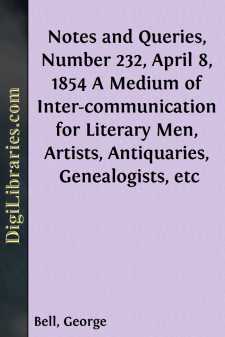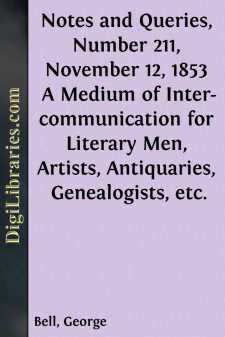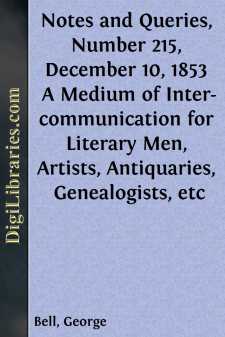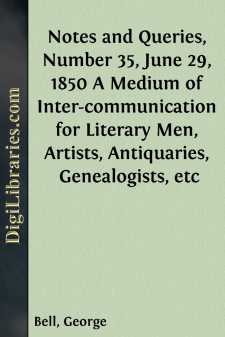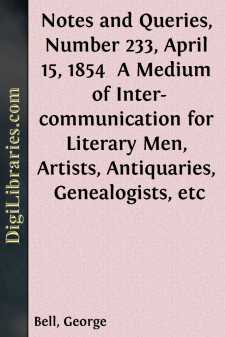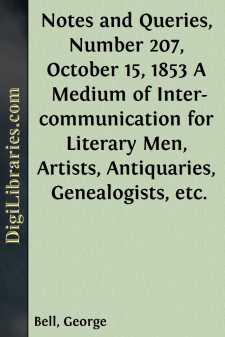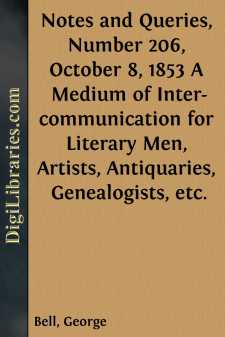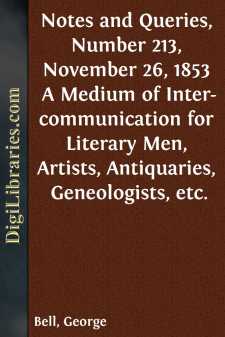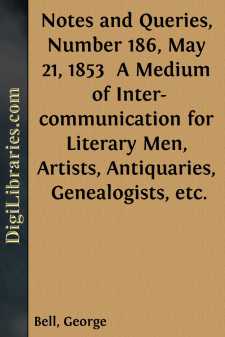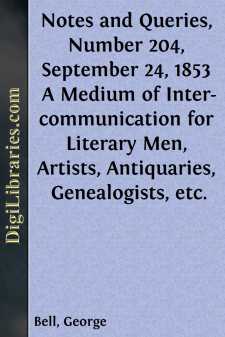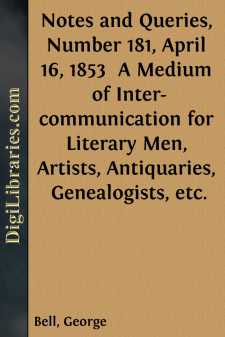Categories
- Antiques & Collectibles 13
- Architecture 36
- Art 48
- Bibles 22
- Biography & Autobiography 815
- Body, Mind & Spirit 144
- Business & Economics 28
- Children's Books 18
- Children's Fiction 14
- Computers 4
- Cooking 94
- Crafts & Hobbies 4
- Drama 346
- Education 58
- Family & Relationships 59
- Fiction 11833
- Games 19
- Gardening 17
- Health & Fitness 34
- History 1378
- House & Home 1
- Humor 147
- Juvenile Fiction 1873
- Juvenile Nonfiction 202
- Language Arts & Disciplines 89
- Law 16
- Literary Collections 686
- Literary Criticism 179
- Mathematics 13
- Medical 41
- Music 40
- Nature 179
- Non-Classifiable 1768
- Performing Arts 7
- Periodicals 1453
- Philosophy 65
- Photography 2
- Poetry 896
- Political Science 203
- Psychology 44
- Reference 154
- Religion 515
- Science 126
- Self-Help 85
- Social Science 82
- Sports & Recreation 34
- Study Aids 3
- Technology & Engineering 59
- Transportation 23
- Travel 463
- True Crime 29
Our website is made possible by displaying online advertisements to our visitors.
Please consider supporting us by disabling your ad blocker.
Notes and Queries, Number 232, April 8, 1854 A Medium of Inter-communication for Literary Men, Artists, Antiquaries, Genealogists, etc
by: George Bell
Categories:
Description:
Excerpt
ARABIAN TALES AND THEIR SOURCES.
The Arabians have been the immediate instruments in transmitting to us those Oriental tales, of which the conception is so brilliant, and the character so rich and varied, and which, after having been the delight of our childhood, never lose entirely the spell of their enchantment over our maturer age. But while many of these tales are doubtless of Arabian origin, it is not to be supposed that all are equally so. If we may believe the French translator of the Thousand and One Tales, that publication does not include the thirty-sixth part of the great Arabian collection, which is not confined to books, but has been the traditional inheritance of a numerous class, who, like the minstrels of the West, gained their livelihood by reciting, what would interest the feelings of their hearers. This class of Eastern story-tellers was common throughout the whole extent of Mahomedan dominion in Turkey, Persia, and even to the extremity of India.
The sudden rise of the Saracen empire, and its rapid transition from barbarism to refinement, and from the deepest ignorance to the most extensive cultivation of literature and science, is an extraordinary phenomenon in the history of mankind. A century scarcely elapsed from the age of Amrou, the general of Caliph Omar, who is said to have burned the great Alexandrian library, to the period when the family of the Abbasides, who mounted the throne of the Caliphs A.D. 750, introduced a passionate love of art, science, and even poetry. The celebrated Haroun Al Raschid never took a journey without at least a hundred men of science in his train. But the most munificent patron of Arabic literature was Al Mamoun, the seventh Caliph of the race of the Abbasides, and son of Haroun Al Raschid. Having succeeded to the throne A.D. 813, he rendered Bagdad the centre of literature: collecting from the subject provinces of Syria, Armenia, and Egypt the most important books which could be discovered, as the most precious tribute that could be rendered, and causing them to be translated into Arabic for general use. When Al Mamoun dictated the terms of peace to Michael, the Greek emperor, the tribute which he demanded from him was a collection of Greek authors.
The Arabian tales had their birth after this period; and when the Arabians had yielded to the Tartars, Turks, and Persians, the empire of the sword. Soldiers are seldom introduced; the splendours of the just Caliph's reign are dwelt upon with fond remembrance; the style is that of a mercantile people, while riches and artificial luxuries are only rivalled by the marvellous gifts of the genii and fairies. This brilliant mythology, the offspring of the Arabian imagination, together with the other characteristics of the Arabian tales, has had an extensive influence on our own literature. Many of these tales had found their way into our poetry long before the translation of the Arabian Nights; and are met with in the old Fabliaux, and in Boccacio, Ariosto, and Chaucer. But while these tales are Arabian in their structure, the materials have been derived, not only from India, Persia, and China, but also from ancient Egypt, and the classical literature of Greece....


